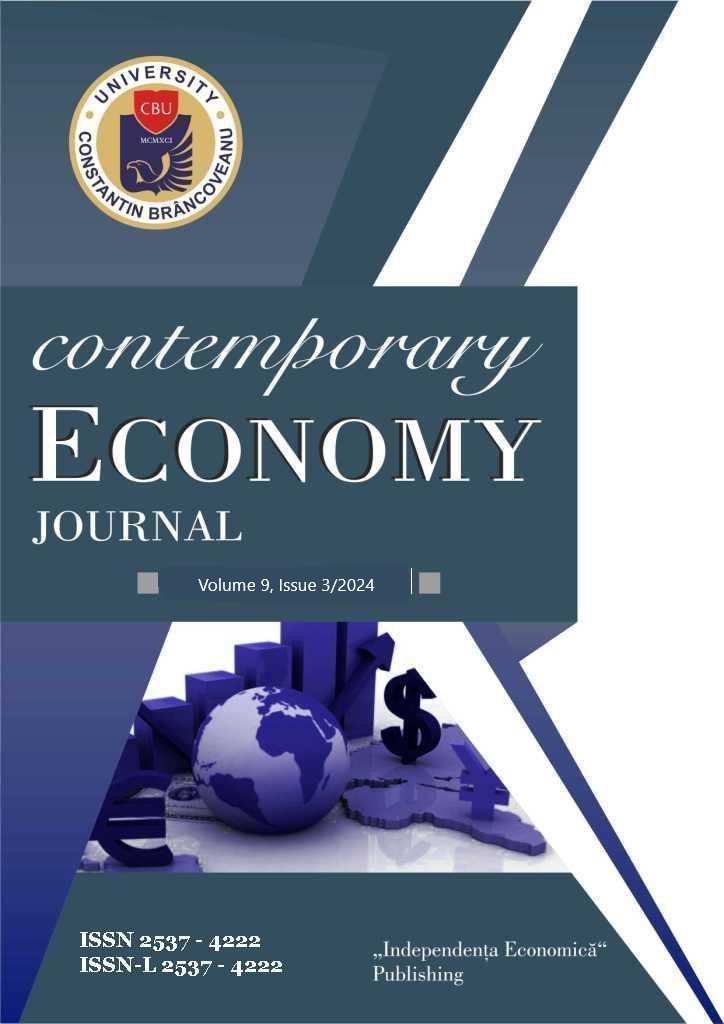PRE AND POST IFRSS EFFECT ON EARNINGS PREDICTABILITY: NIGERIAN LISTED COMPANIES IN PERSPECTIVE
PRE AND POST IFRSS EFFECT ON EARNINGS PREDICTABILITY: NIGERIAN LISTED COMPANIES IN PERSPECTIVE
Author(s): Oluwasegun Temitayo Odunsi, Sunday Azeita OkoughenuSubject(s): Economy, National Economy, Business Economy / Management, Accounting - Business Administration
Published by: EDITURA INDEPENDENŢA ECONOMICĂ
Keywords: Companies listed on the NSE; Earnings predictability; Pre-and post-IFRSs adoption; Stakeholders’ theory;
Summary/Abstract: To improve the quality of accounting information aimed at facilitating stakeholders' decision-making, such as predicting earnings (EP), the International Financial Reporting Standards (IFRSs) emerged as a globally accepted accounting standard, replacing Generally Accepted Accounting Principles (GAAPs), issued by the International Accounting Standards Board (IASB). Consequently, numerous studies have examined the impact of adopting IFRSs, revealing mixed findings, yet a dearth of evidence exists regarding all listed companies in Nigeria. This study evaluates the effects of pre-and post-IFRSs adoption on EP among companies listed on the Nigerian Stock Exchange (NSE). Utilizing secondary data sources, the study encompasses a population of 168 companies listed on the NSE as of December 31, 2020. Furthermore, the companies in the sample provided annual reports and accounts spanning from 2003 to 2011 for the pre-IFRSs period and from 2011 to 2020 for the post-IFRSs period. The study adopted Ewododhe's (2011) methodology and determined a sample size of fifty-six (56) companies listed on the NSE. Analysis was conducted using Pools, Fixed Effect, and Random Effect estimates. The findings revealed that the period following the adoption of IFRSs did not significantly impact EP proxies, namely Earnings Before Tax (EBT) and Cash Flow from Operations (CFO). Consequently, the study concluded that the adoption of IFRSs among NSE-listed companies did not yield a substantial effect on EP, which could aid stakeholders in predicting future earnings from their investments. Thus, the study recommended that stakeholders of NSE-listed companies should not solely rely on EBT and CFO under IFRSs adoption for forecasting future earnings. Instead, they should consider nonfinancial indicators such as management competence and integrity, market share growth, and the quality of management strategies and policies.
Journal: REVISTA ECONOMIA CONTEMPORANĂ
- Issue Year: 9/2024
- Issue No: 3
- Page Range: 109-121
- Page Count: 13
- Language: English

